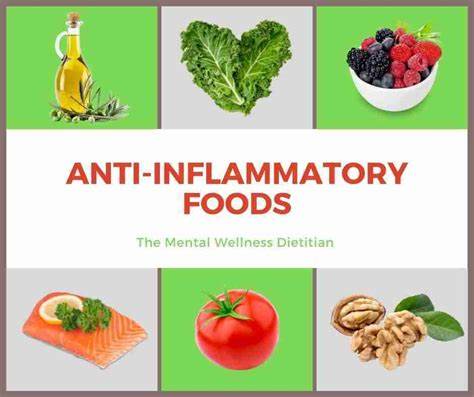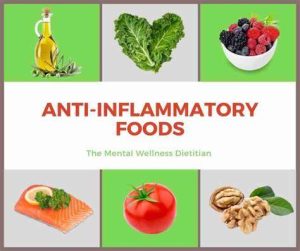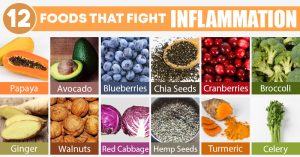- 13 December 2023
- 1668
Unraveling Inflammation: The Diet Connection to Body’s Inflammatory Responses

Introduction
Inflammation, a natural immune response, plays a crucial role in combating infections and promoting healing. However, chronic inflammation, often influenced by dietary factors, can lead to various health issues. Exploring the relationship between diet and inflammatory responses sheds light on the significance of food choices in managing inflammation.
Inflammatory and Anti-Inflammatory Foods
- Inflammatory Foods: Certain foods, such as processed sugars, refined carbohydrates, and trans fats, can trigger inflammation in the body. These items, often found in fast foods and sugary beverages, contribute to chronic inflammation and exacerbate health conditions.
- Anti-Inflammatory Foods: Conversely, a diet rich in fruits, vegetables, whole grains, nuts, seeds, and fatty fish like salmon or sardines contains anti-inflammatory properties. These foods are abundant in antioxidants, omega-3 fatty acids, and phytonutrients that help mitigate inflammation.
Image By: https://th.bing.com/
Impact of Dietary Choices on Inflammation
- Omega-3 Fatty Acids: Found in fatty fish, flaxseeds, and walnuts, omega-3s possess anti-inflammatory effects that counteract the pro-inflammatory impact of omega-6 fatty acids found in processed oils.
- Antioxidants: Berries, leafy greens, and colorful vegetables contain antioxidants that combat oxidative stress, reducing inflammation and supporting overall health.
Gut Health and Inflammation
- The Gut Microbiome: Diet significantly influences the gut microbiota, which plays a pivotal role in modulating inflammatory responses. Fiber-rich foods like legumes, whole grains, and vegetables nurture a healthy gut environment, reducing inflammation.
- Probiotics: Fermented foods like yogurt, kefir, and kimchi introduce beneficial bacteria that support gut health, potentially reducing inflammation and enhancing immune function.
Balanced Diet and Inflammation Management
- Mediterranean Diet: Highlighting the benefits of the Mediterranean diet, which emphasizes whole foods, healthy fats, and lean proteins, known for its anti-inflammatory properties.
- Herbs and Spices: Turmeric, ginger, garlic, and cinnamon are examples of spices with potent anti-inflammatory effects, often used to flavor meals and contribute to health benefits.
Image By: https://th.bing.com/
Conclusion
Understanding the impact of diet on inflammatory responses empowers individuals to make informed food choices. By prioritizing a diet rich in anti-inflammatory foods and minimizing intake of pro-inflammatory items, individuals can potentially manage inflammation and promote overall wellness.



